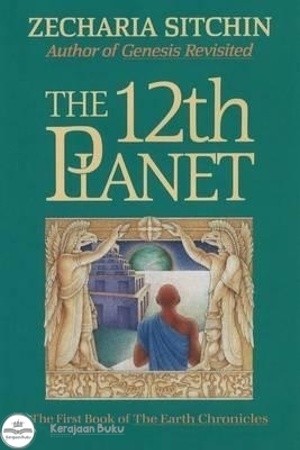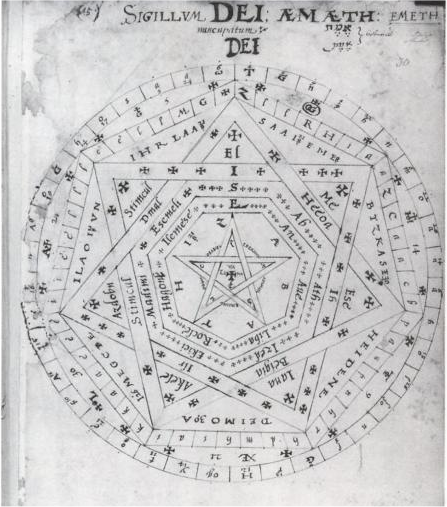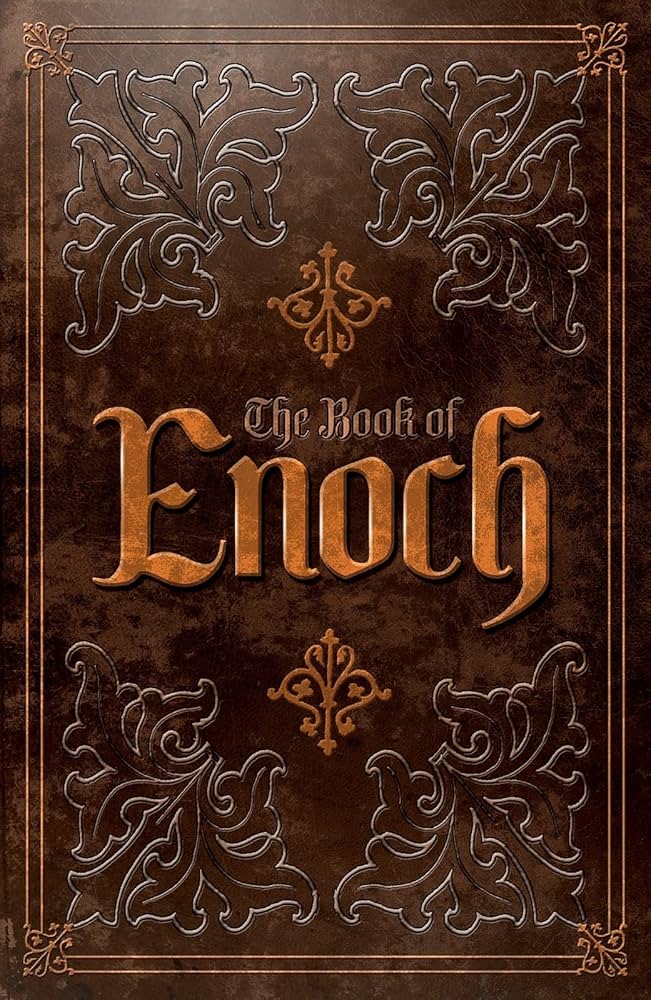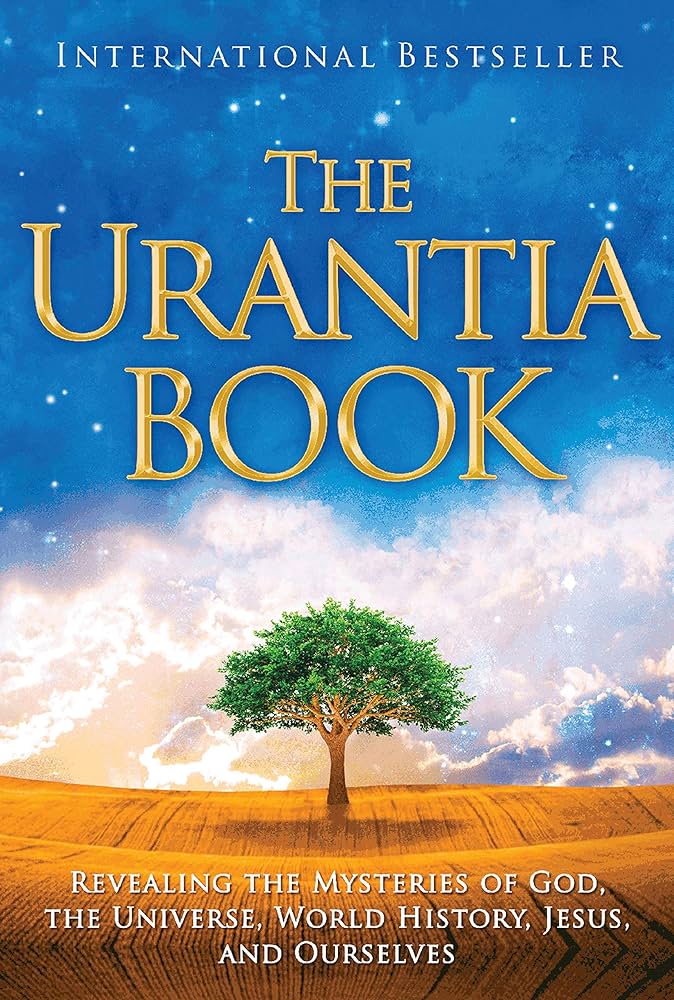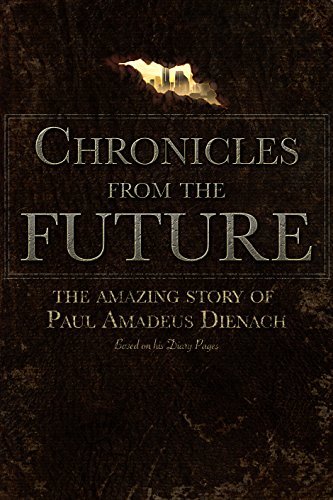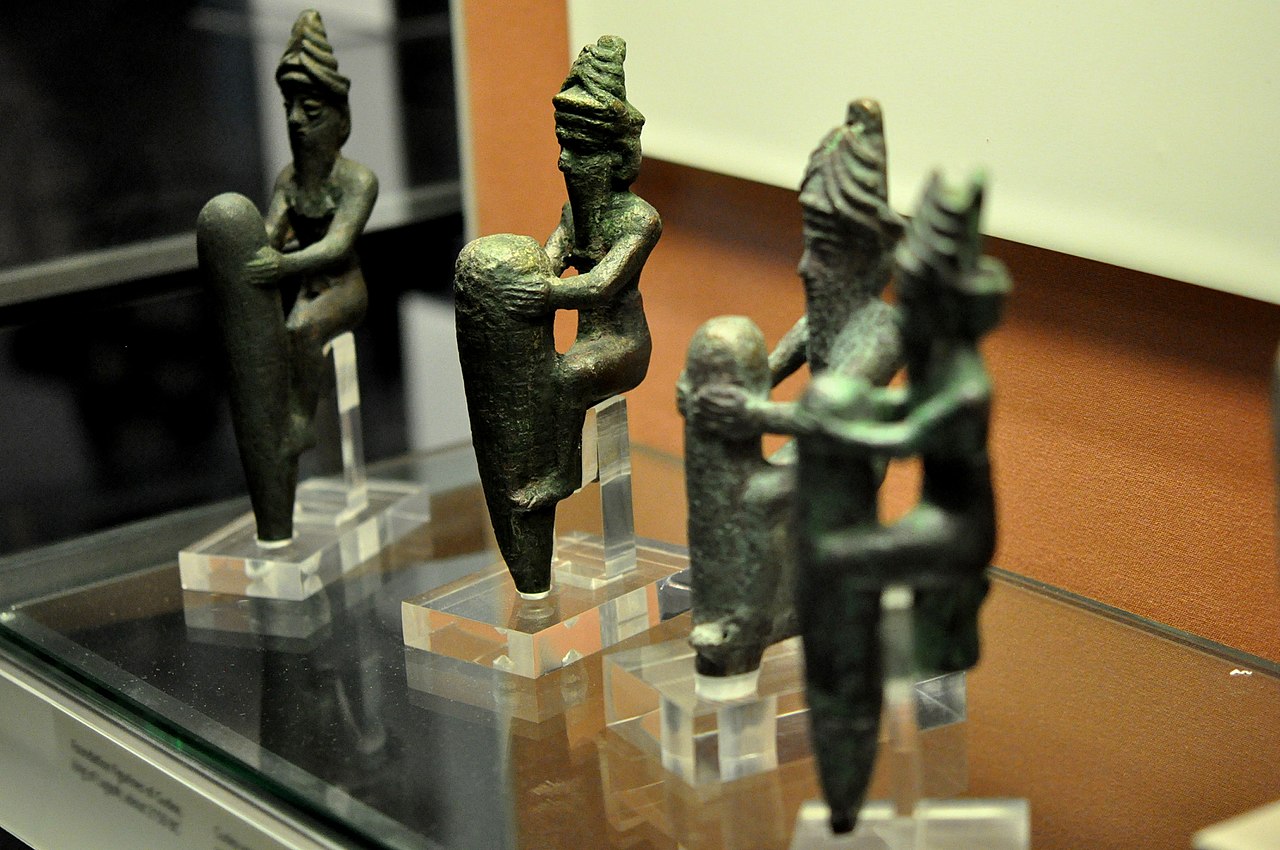In the realm of spiritual and philosophical literature, few texts are as vast and enigmatic as The Urantia Book. Since its publication in 1955, this book has captivated readers with its sweeping narratives about the universe, human history, and the destiny of humankind. But what exactly is The Urantia Book? Is it a spiritual guide, a philosophical treatise, or something else entirely? In this post, we’ll explore the origins, key teachings, and the ongoing fascination with this mysterious text.
The Origins of The Urantia Book
Unlike many spiritual texts, The Urantia Book has no known author or clear origin. It was first published by the Urantia Foundation in Chicago in 1955, but the text itself was reportedly “received” through a process involving a mysterious source or group of entities. The book’s name comes from Urantia, the term it uses for Earth.
The reception of the book is often associated with a man named Dr. William S. Sadler, a prominent psychiatrist and author who, along with a small group of individuals, became involved in sessions through which the material was communicated. Over time, the material was compiled into what is now known as The Urantia Book.
The Structure of The Urantia Book
The Urantia Book is divided into four parts, each presenting a different aspect of its cosmic philosophy:
- Part I: The Central and Superuniverses
This section describes the vast structure of the cosmos, detailing the Central Universe, Havona, and seven superuniverses, including our own, which is called Orvonton. It outlines the hierarchy of celestial beings, from the Universal Father to various orders of spiritual administrators who govern the universe. - Part II: The Local Universe
Here, we learn about the specific structure of the local universe in which Urantia (Earth) resides. It introduces the ruler of our local universe, Michael of Nebadon, who is identified as the spiritual being incarnated as Jesus Christ. - Part III: The History of Urantia
This part provides a unique perspective on Earth’s history, including the origin of life, the development of civilization, and the influence of spiritual beings on human affairs. It presents an alternative to traditional religious and scientific views on human evolution. - Part IV: The Life and Teachings of Jesus
The final part offers an extensive narrative of Jesus Christ’s life, with details not found in the Bible. This section describes Jesus not only as the Son of God but as a divine administrator in the grand cosmic order.
Key Teachings and Themes
At its core, The Urantia Book is a spiritual philosophy that seeks to reconcile science, religion, and philosophy. It presents a cosmology that blends the scientific understanding of the universe with a deeply spiritual perspective. Key teachings include:
- God as a Personal and Infinite Being:
The book describes God as the Universal Father, an all-powerful, all-knowing, and loving deity who desires a personal relationship with all beings. - The Concept of the Universe as a Hierarchy:
The universe is organized into a vast and complex hierarchy of spiritual beings, with humans occupying a lower rung in this cosmic structure. As souls evolve, they are guided by celestial beings through spiritual growth and enlightenment. - Human Destiny and Eternal Life:
Humanity is seen as being on a spiritual journey toward perfection. According to the text, each person has an immortal soul that, after death, progresses through higher spiritual realms, ultimately attaining eternal life in the presence of God. - The Brotherhood of Man:
The book emphasizes that all human beings, regardless of race, nationality, or religion, are part of one spiritual family. This teaching promotes global unity, compassion, and the pursuit of spiritual truth.
The Urantia Book and Science
One of the most intriguing aspects of The Urantia Book is its attempt to integrate scientific concepts with spiritual teachings. The book provides detailed descriptions of cosmic evolution, planetary development, and life formation, often using terminology that echoes scientific concepts. However, these descriptions sometimes differ from mainstream science, leading to debates about the book’s validity and whether its claims are metaphysical or intended to be taken literally.
The Influence and Reception of The Urantia Book
Since its publication, The Urantia Book has developed a devoted following, particularly among individuals interested in metaphysics, cosmology, and spirituality. Urantia groups and study communities have formed around the world, offering places for readers to discuss and interpret its teachings.
Despite its popularity in certain circles, the book remains controversial. Critics question the authenticity of its origins and the accuracy of its scientific claims. Traditional religious institutions often view it with skepticism, while some scholars dismiss it as pseudoscience. Nonetheless, its deep spiritual insights continue to resonate with those seeking a broader understanding of humanity’s place in the cosmos.
The Urantia Book offers a unique and expansive vision of the universe, one that challenges conventional ideas about God, the cosmos, and human destiny. Whether viewed as a work of spiritual revelation or a thought-provoking piece of cosmic philosophy, it continues to inspire readers around the world. For those seeking to explore the intersections of science, religion, and spirituality, The Urantia Book provides a fascinating and comprehensive guide.

